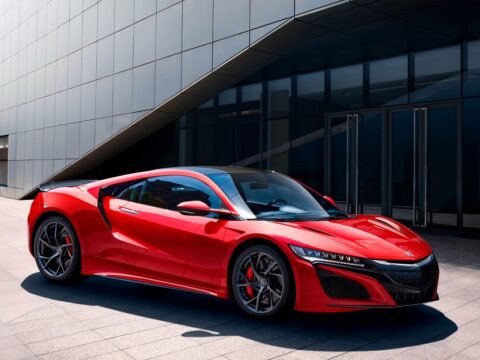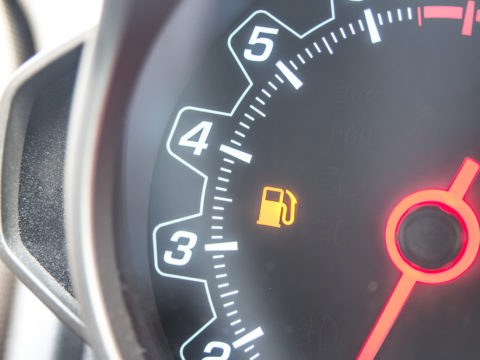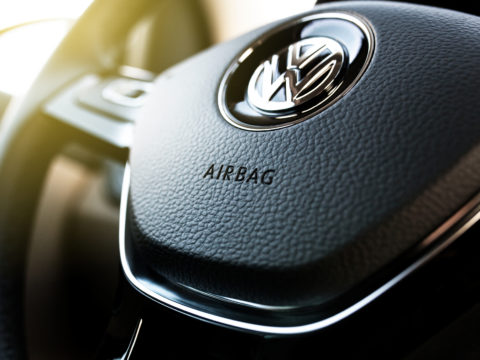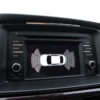Given how expensive gas has gotten recently, finding ways to make the most of your car’s fuel economy is important. But how do you go about it? How can you mechanically tweak your vehicle to boost its efficiency? And, more specifically, how can you improve gas mileage in an automatic model?
Before you go to town trying to pull your catalytic converter or trading your newer SUV in for a small sedan, read through this article to learn the truth about gas mileage and how to improve your car’s fuel economy.
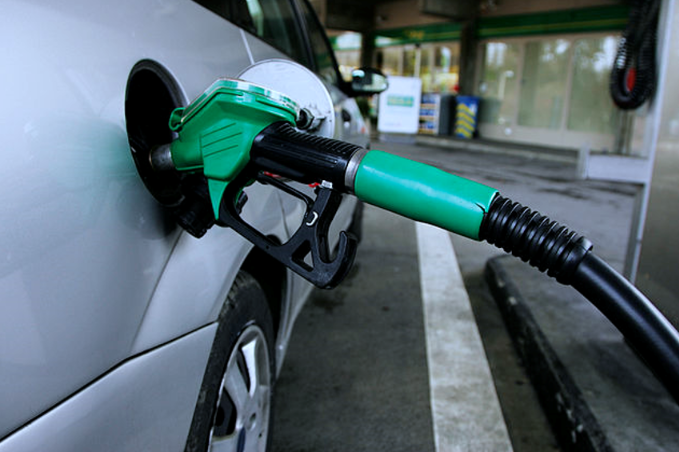
Contents
What is killing my gas mileage?
If you have recently seen your vehicle’s fuel economy starting to lessen, there could be several potential reasons why this is happening. One of the most common causes is a bad oxygen sensor. Those sensors keep fuel and air properly mixed. If an air filter gets clogged, it can impact fuel economy and will need to be unclogged. Engines work at peak performance with clean air filters and functioning oxygen sensors.
Another possible cause is having improper tire pressure. Use the manufacturer’s recommendations for tire psi and buy a pressure gauge to keep inflation in check. Your tires’ psi levels can be found on the driver’s side doorplate, and the tires show the maximum psi.
A leaking fuel injector means that less fuel gets into the engine, so that is another reason for inefficiency. Also, running your air conditioner all the time gobbles up system power, which lessens fuel efficiency. Finally, motor oil can affect fuel economy. Make sure you use the automaker’s recommended oil or synthetic oil. Be sure to get oil changes on a regular basis.
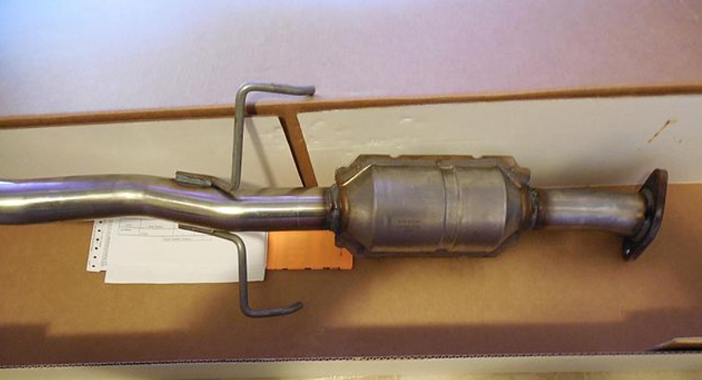
Will removing my catalytic converter improve gas mileage?
Removing your car’s catalytic converter does reduce engine strain, so it will not work as hard to generate the same amount of energy as it does when the converter is intact. The engine can function more easily this way, which leads to the vehicle using less fuel and producing better gas mileage.
Bear in mind that, in the United States, removing a catalytic converter is illegal since it releases toxic fumes into the atmosphere. You will end up failing emission tests and tripping a fault code. And, in some cars, the lack of a catalytic converter might cause increased fuel consumption since the oxygen sensors do not give correct reads. You also stand to lose low-end torque and will have to listen to a lot of obnoxious noise.

How to Mechanically Improve Gas Mileage
There are some things you can do in terms of mechanics to boost your vehicle’s gas mileage. Regardless of whether you drive a full-size truck or a small hybrid sedan, you can do a few things – and avoid doing certain things – to boost fuel efficiency.
Alterations Affect MPG
Alterations can make your car look and feel much more engaging to drive, but they can impact your miles per gallon (MPG). Lowering, lifting, and leveling a vehicle can drag fuel economy down, as can adjusting you wheel assembly and tire camber and toe. If fuel economy is more important to you than beefing up your vehicle’s performance, avoid making these alterations.
Perform Regular Maintenance
Using the manufacturer recommendations for getting regular maintenance is crucial for keeping up battery range and fuel efficiency. If something goes wrong (such as an oxygen sensor going bad), getting it dealt with as soon as possible will save on fuel.
Keep Your Wheels, Tires, and Alignment in Check
Keeping your tires properly inflated is important, as underinflated tires reduce fuel economy, not to mention your stopping and handling abilities. Keeping them properly aligned and getting tire rotations on a regular basis enhances fuel economy and lessens your vehicle’s rolling resistance.
Be Mindful of Brakes and Braking
Be mindful of your braking while on the road and anticipate stops as much as possible. When applying the brakes in an electric vehicle (EV), pressure should be gently applied to the brakes to get the most regenerative power from them. If you constantly mash the brakes in a gas-powered vehicle, the constant rubbing will result in reduced fuel efficiency.
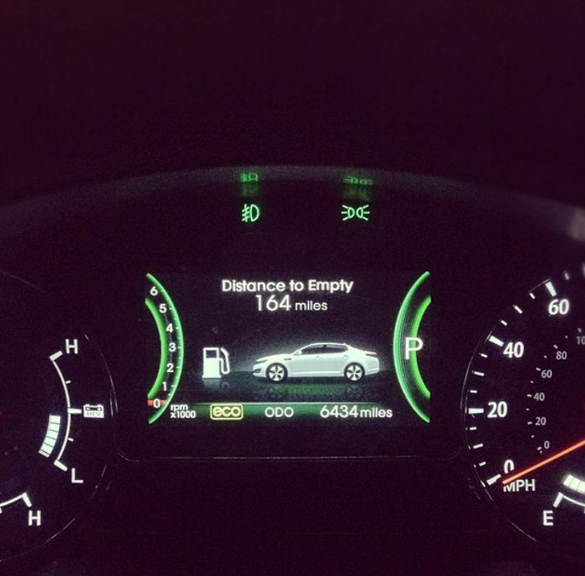
How to Improve Fuel Economy in an Automatic
If you are driving in an automatic vehicle, you can make some changes to your driving habits to save on fuel economy. Here’s what I recommend doing:
Avoid Driving in the City
Stopping and starting a gas-powered vehicle while driving in the city can reduce fuel economy by up to 50 percent. Sticking to a constant speed helps boost fuel efficiency, as does highway driving. However, those who drive a hybrid or EV will not see a huge difference between city and highway mpg.
Avoid Prolonged Idling
Sitting in idle wastes gas. Many local and state governments have idling ordinances or idle reduction programs in place to encourage drivers to reduce fuel consumption and boost energy-efficient driving habits. You should avoid sitting in idle unless you’re heating or cooling your vehicle until it is time to go.
Remove Cargo Toppers and Roof Racks
If you aren’t using your cargo topper and roof rack, take them off. You might be losing up to 25 percent battery and fuel efficiency on the highway by keeping them on.
Remove Unnecessary Cargo
If there is bulky stuff in the cargo area, it is reducing fuel economy. With every 100 pounds you ditch, you will regain about 1 percent of your car’s mpg.
Utilize Cruise Control and Eco Mode
Most contemporary vehicles do not have a gas pedal directly linked to anything inside of the engine compartment. These pedals actually send signals to the car’s computer. Therefore, using cruise control and eco mode boost battery and fuel efficiency.
Turn Creature Comforts Off When Not Needed
Creature comforts – like the A/C and heated seats – drag mpg down since they take away battery power or fuel. Pre-heating or cooling an EV while it is charging can help boost its range.
Avoid Aggressive Driving Styles
Aggressive driving can significantly reduce mpg. Taking it slow and steady can boost fuel economy by up to 30 percent and driving right around the speed limit also helps.
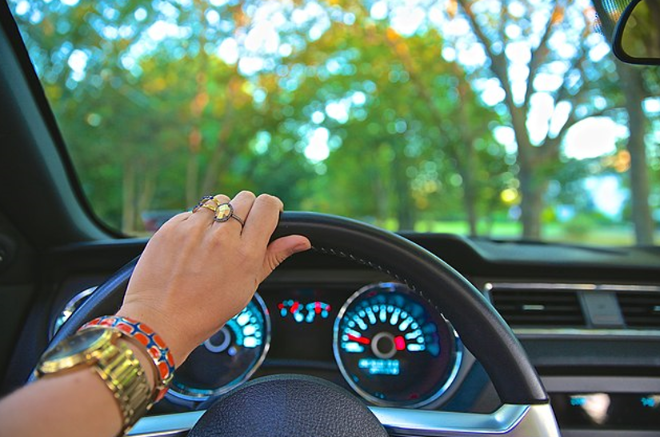
Myths Regarding Gas Mileage
There are many myths surrounding fuel economy. For example, people think you must drive a small vehicle to get a good fuel economy. However, standard-sized vehicles are more efficient with hybrid drivetrains, advanced transmissions, and more aerodynamic design.
Also, not all manual transmissions get better mpg than their automatic counterparts. Automatics now get at least the same fuel economy as a manual these days. Another myth to be leery of is modern cars needing to be warmed up before being driven. Most are made to be driven mere seconds after being started, and just driving it warms up the engine most rapidly.
A well-kept vehicle won’t lose mpg as the years pass. Even a 10- or 15-year-old vehicle won’t see a big mpg dip if adequately maintained. What’s more, fueling up with premium fuel won’t garner better mpg. Only use premium if the manufacturer calls for it.
Finally, don’t rely on EPA estimates as a guarantee for fuel economy. Oftentimes, real-world tests do not reflect these numbers, and different driving styles can impact them.
Improving your car’s fuel economy is possible and doesn’t require you to spend money on a brand-new, too-small vehicle. Making a few simple changes to your driving habits and getting regular maintenance can help you keep your car’s mpg up and fuel or battery consumption down.

